Discover 5 Eco-Friendly Strategies to Transform Your Daily Coffee Routine into a Greener, Earth-Friendly Practice
Making changes to your coffee routine that are more environmentally friendly is crucial given the increase in coffee consumption. To make your coffee more environmentally friendly, try these tips:
1. Brew coffee at home
Brewing your own sustainable coffee is one of the best ways to make your morning ritual more environmentally friendly. This reduces carbon emissions (unless you have to drive to a coffee shop). Brewing at home also eliminates the need for disposable cups and straws, resulting in less waste.
2. Don’t heat unnecessary water
When using a manual brew method, heating water requires gas or electricity. To save energy, try to use only the amount of water you need for your brew batch. One way to do this is by measuring the water before adding it to the kettle.
3. Use eco-friendly cleaning agents for coffee ware
If you use a reusable cup or mug with a manual brew method, you'll need to wash your coffee equipment after each brew cycle. Opt for cleaning products from brands that prioritize the environment. These eco friendly coffee products are often made from natural and organic components, are non-toxic, and biodegradable.
4. Compost the coffee grounds
Instead of pouring coffee grounds down the drain, consider composting them. Coffee grounds are rich in nutrients such as nitrogen, phosphorus, and potassium, making them a great fertilizer. With an estimated six million tonnes of coffee ground waste produced annually worldwide, finding a meaningful application for them can benefit both you and your garden or worm farm.
5. Reduce paper and plastic
When purchasing coffee, consider the additional items provided by the staff, such as straws and lid-less plastic cups. These items contribute to the overall waste generated by the store throughout the day. Use reusable straws and bring your own mug or thermos. Also, think about whether you really need a cardboard sleeve for your coffee cup, as these contribute to paper waste. Don't forget to minimize the use of napkins as well.
Summary
Coffee processing operations contribute to pollution through emissions, and the production of cups, lids, straws, and other products also contributes to pollution. Factories that produce these items often dump harmful substances into waterways, affecting wildlife and water quality.
Additionally, coffee makers consume electricity, which contributes to energy waste. By brewing your own coffee at home or using your own reusable products at coffee shops, you can reduce the use of plastic and paper.
While we may not have control over how coffee is made, we can make a difference by adopting eco-friendly coffee products and habits, contributing in our own small way to a better and cleaner environment. Consider buying eco-friendly coffee products from Brown Living, which offers high-quality sustainable products which are verified through a stringent curation and selection process, The Brown Lens.

















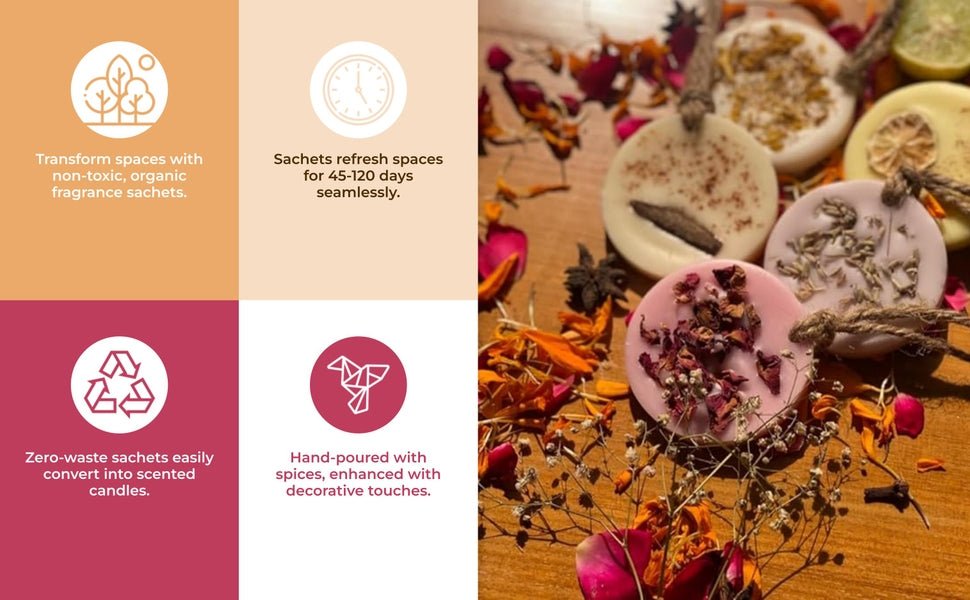








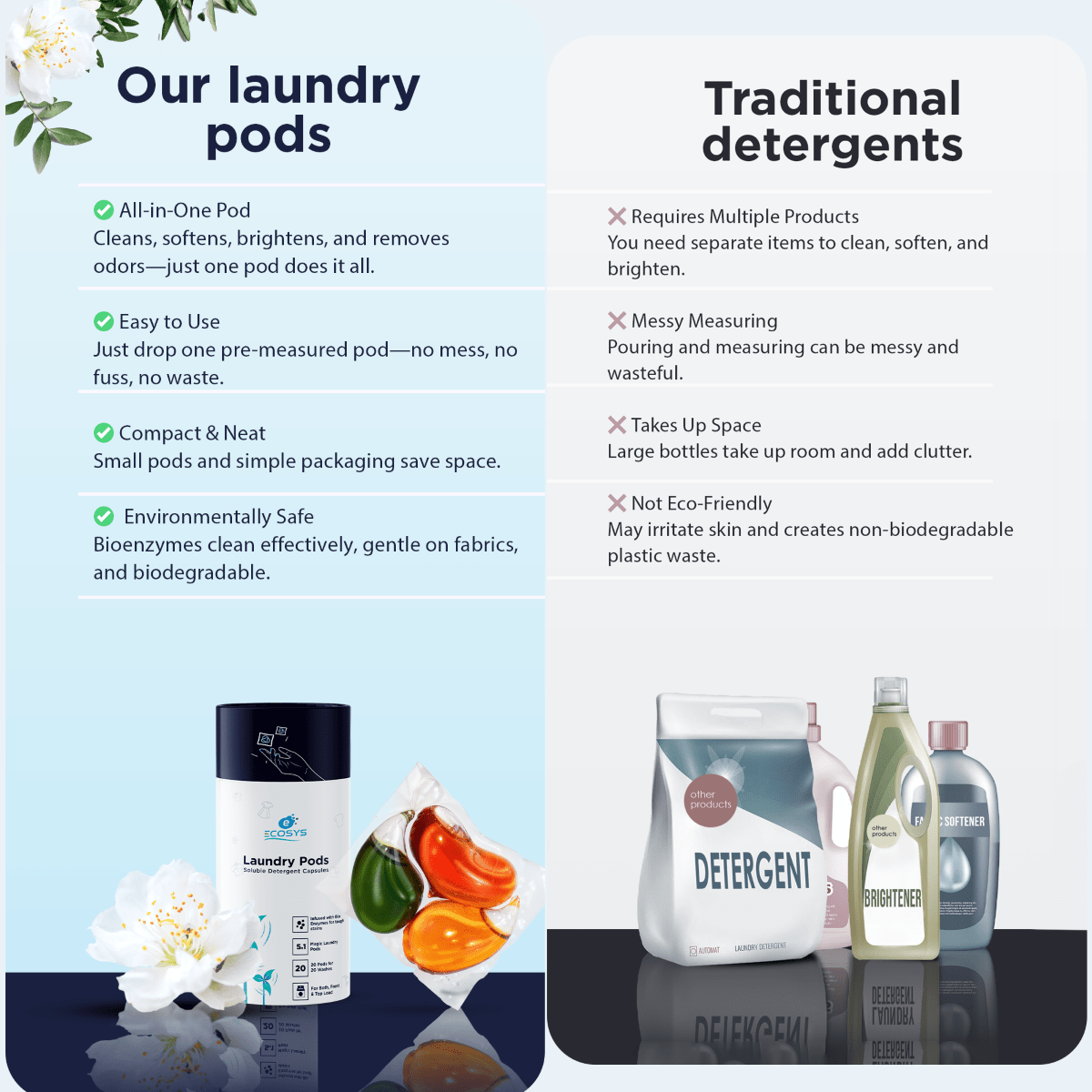

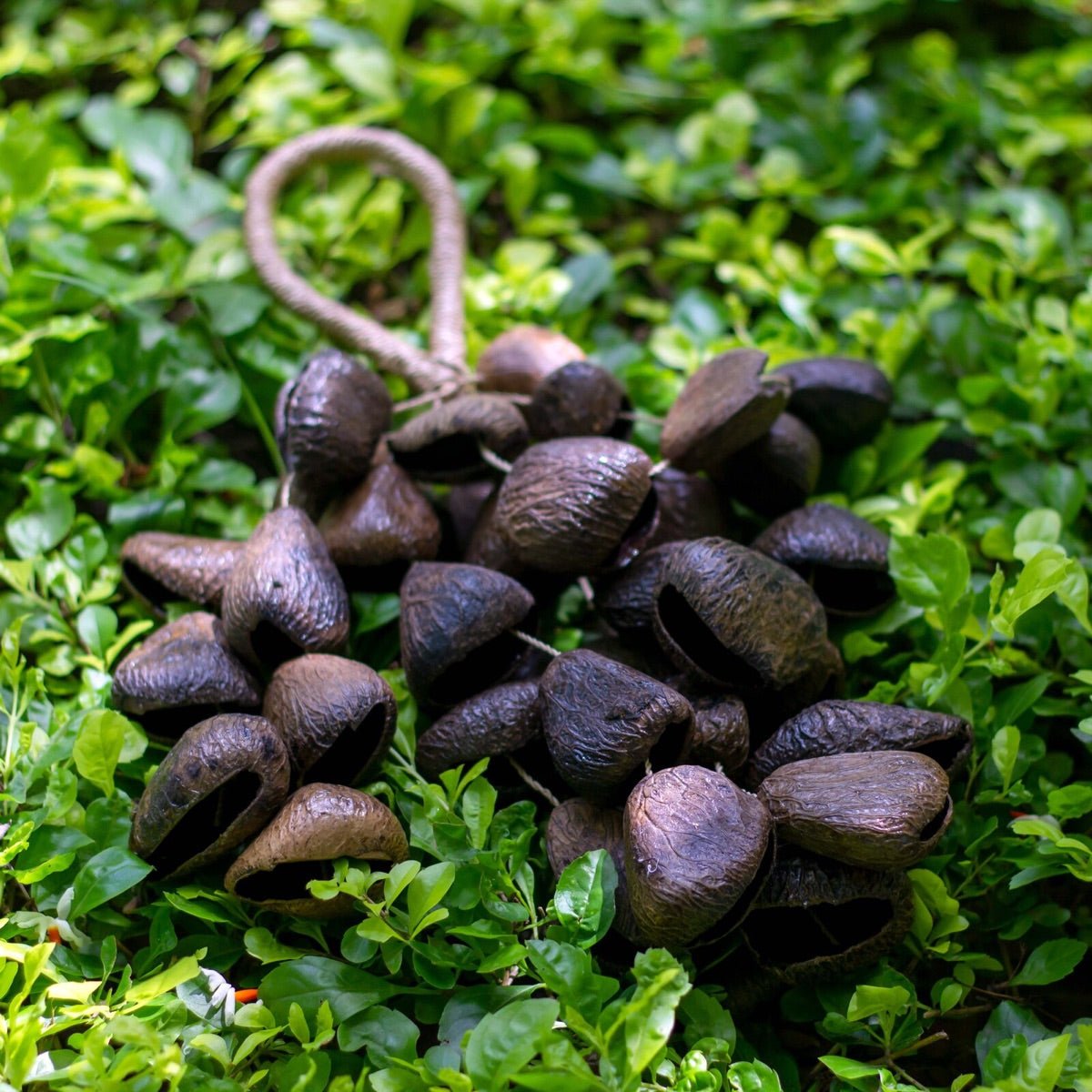
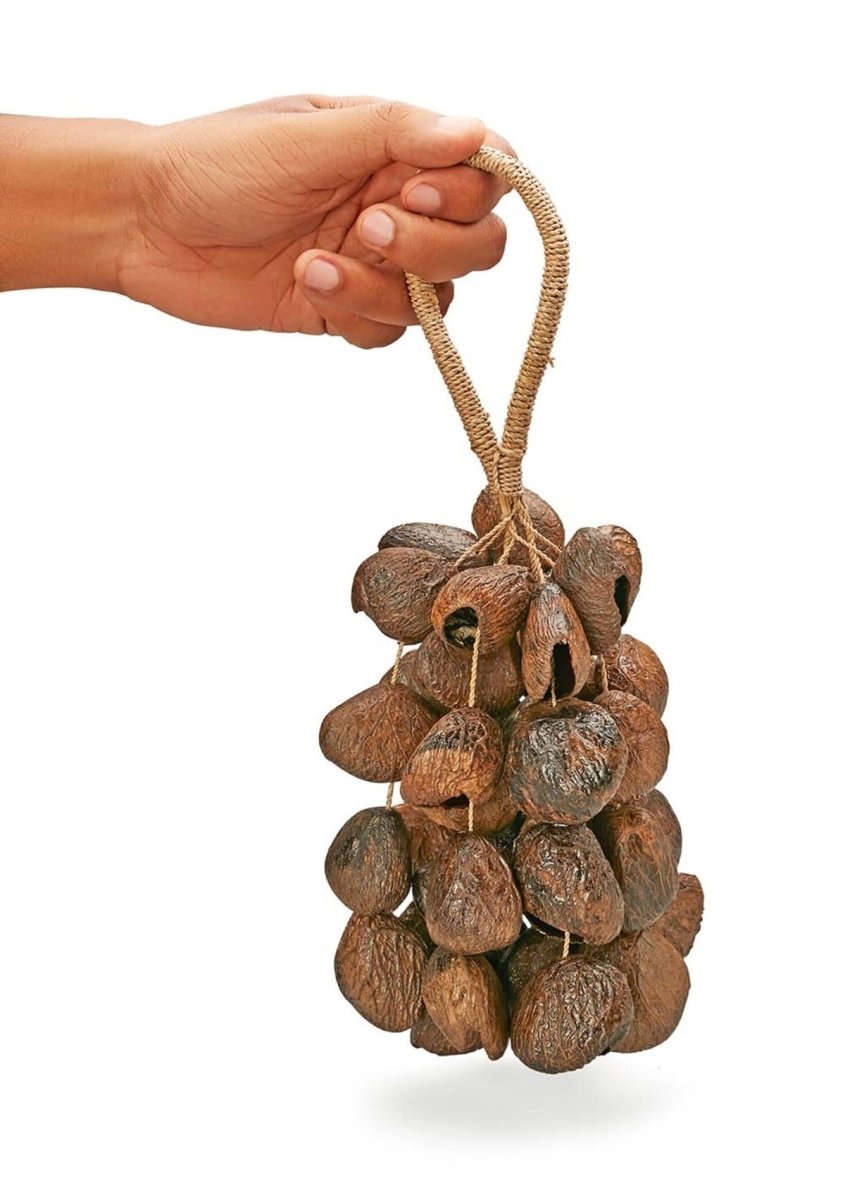

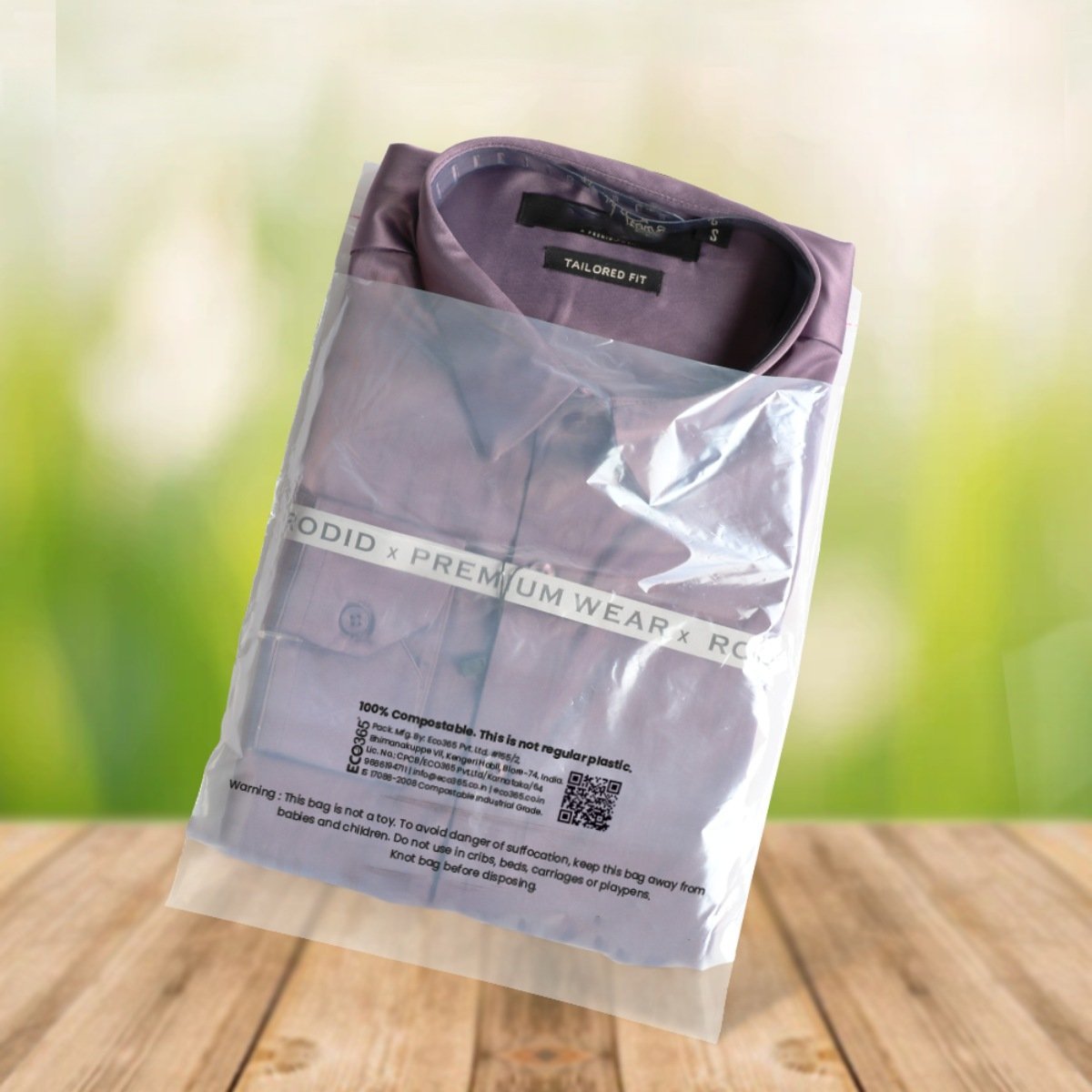
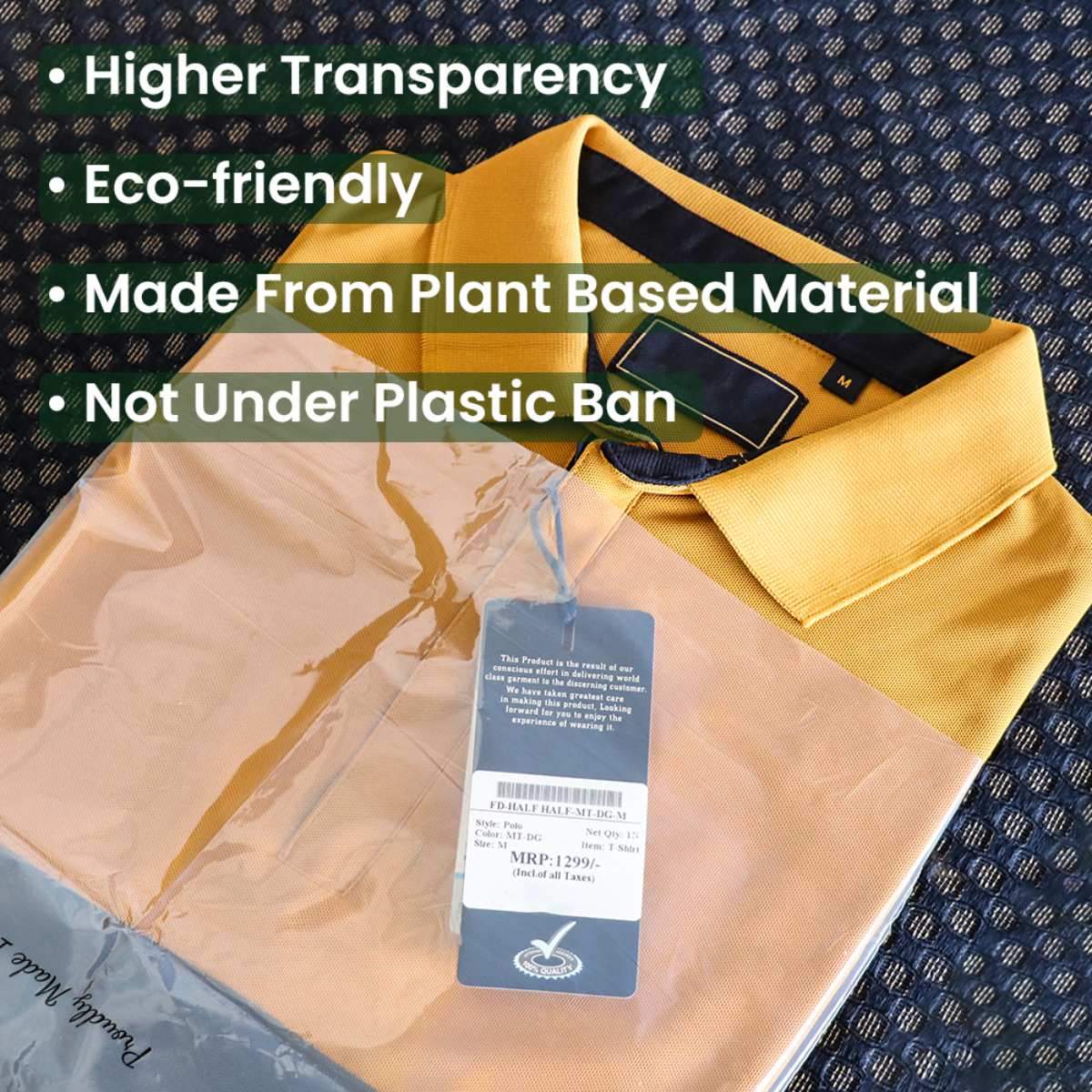
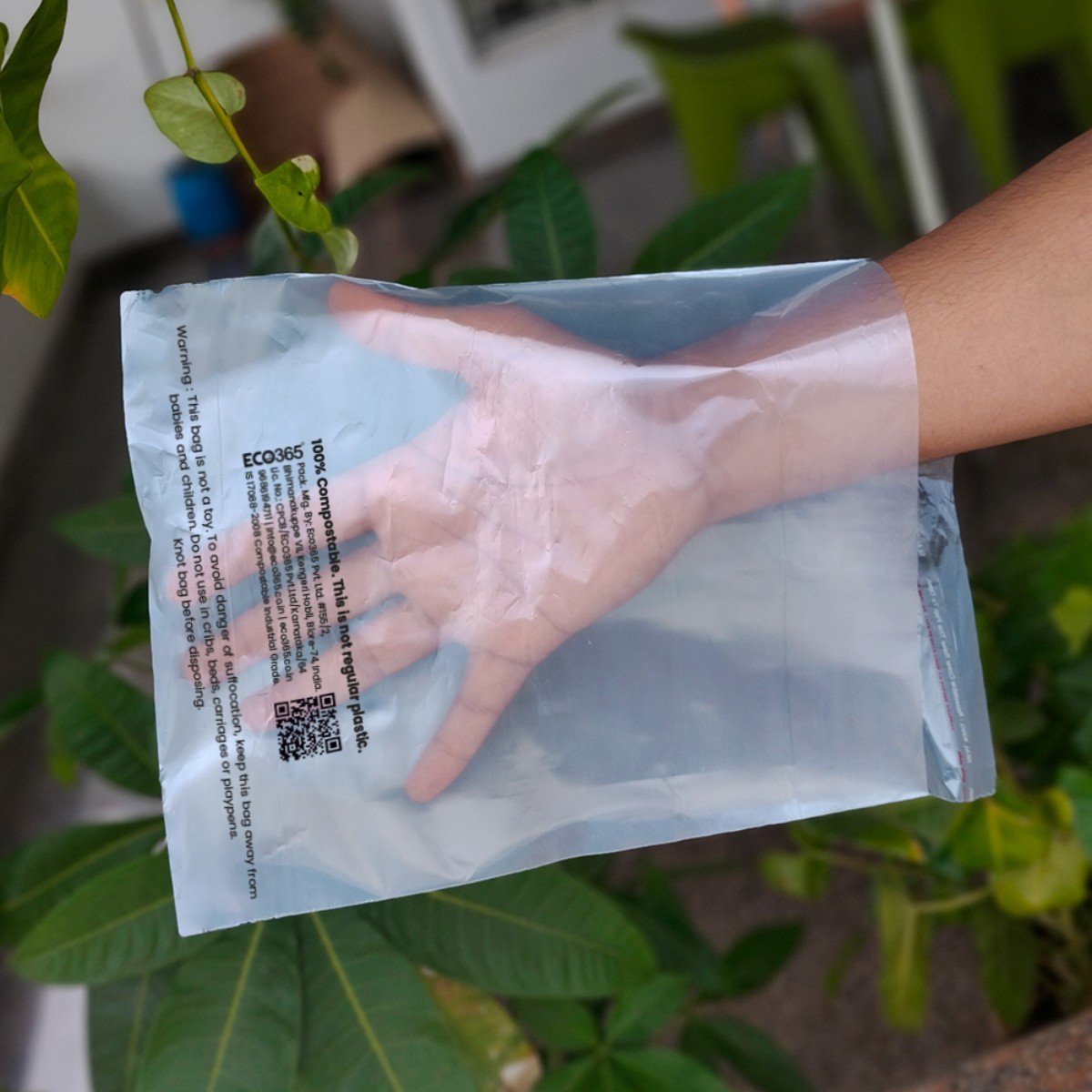
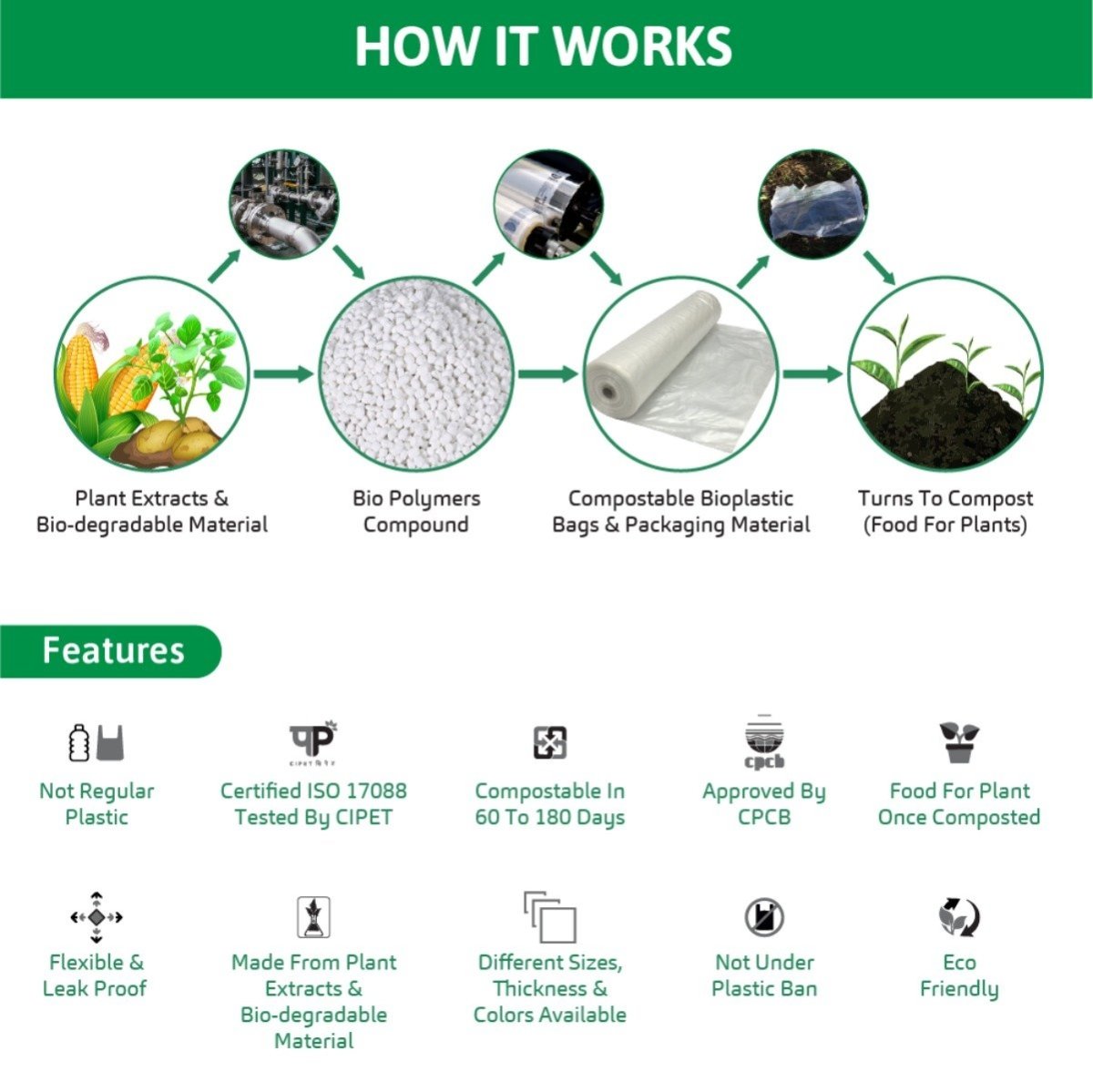
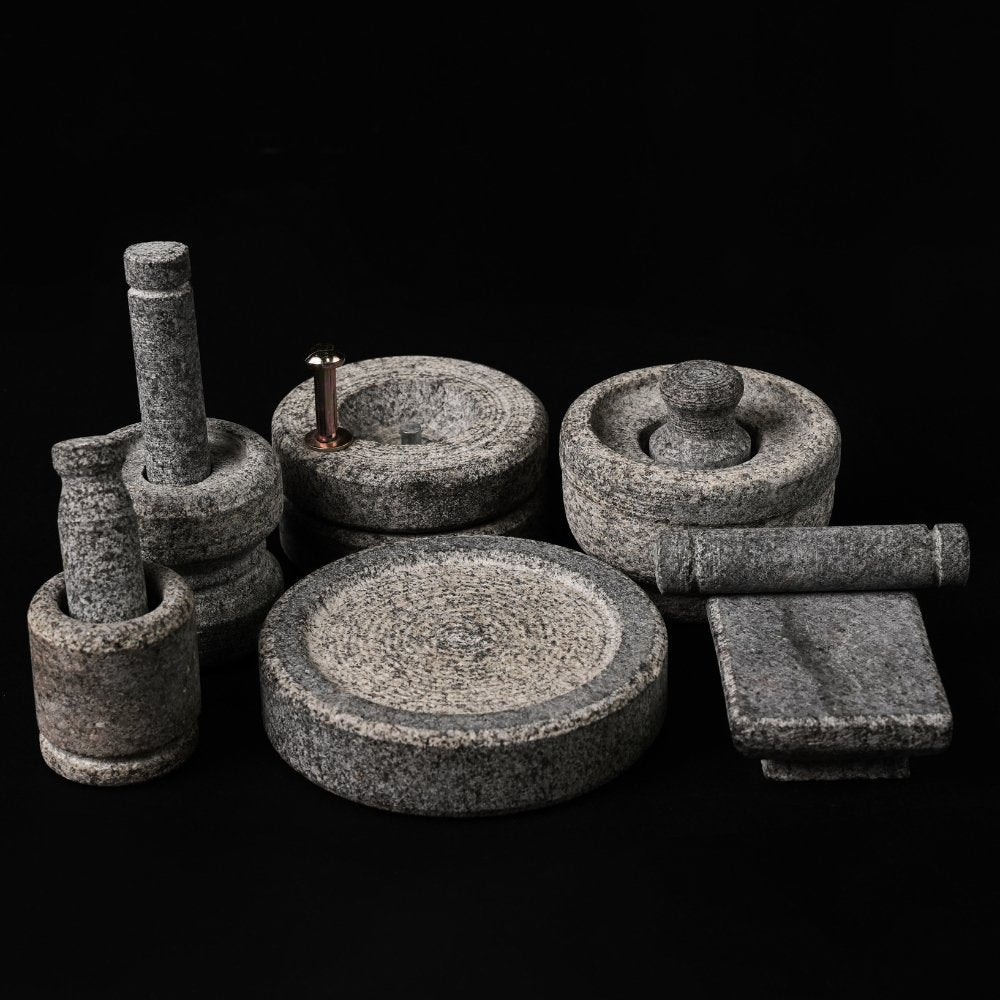




Share:
Discover the Top 6 Benefits of Turmeric for Face Care and Learn How to Use It
The Benefits of Bamboo: Eco-Friendly Bedding and Linens That Are Soft and Sustainable